|
PEALE - WASHINGTON AT PRINCETON
Captain America
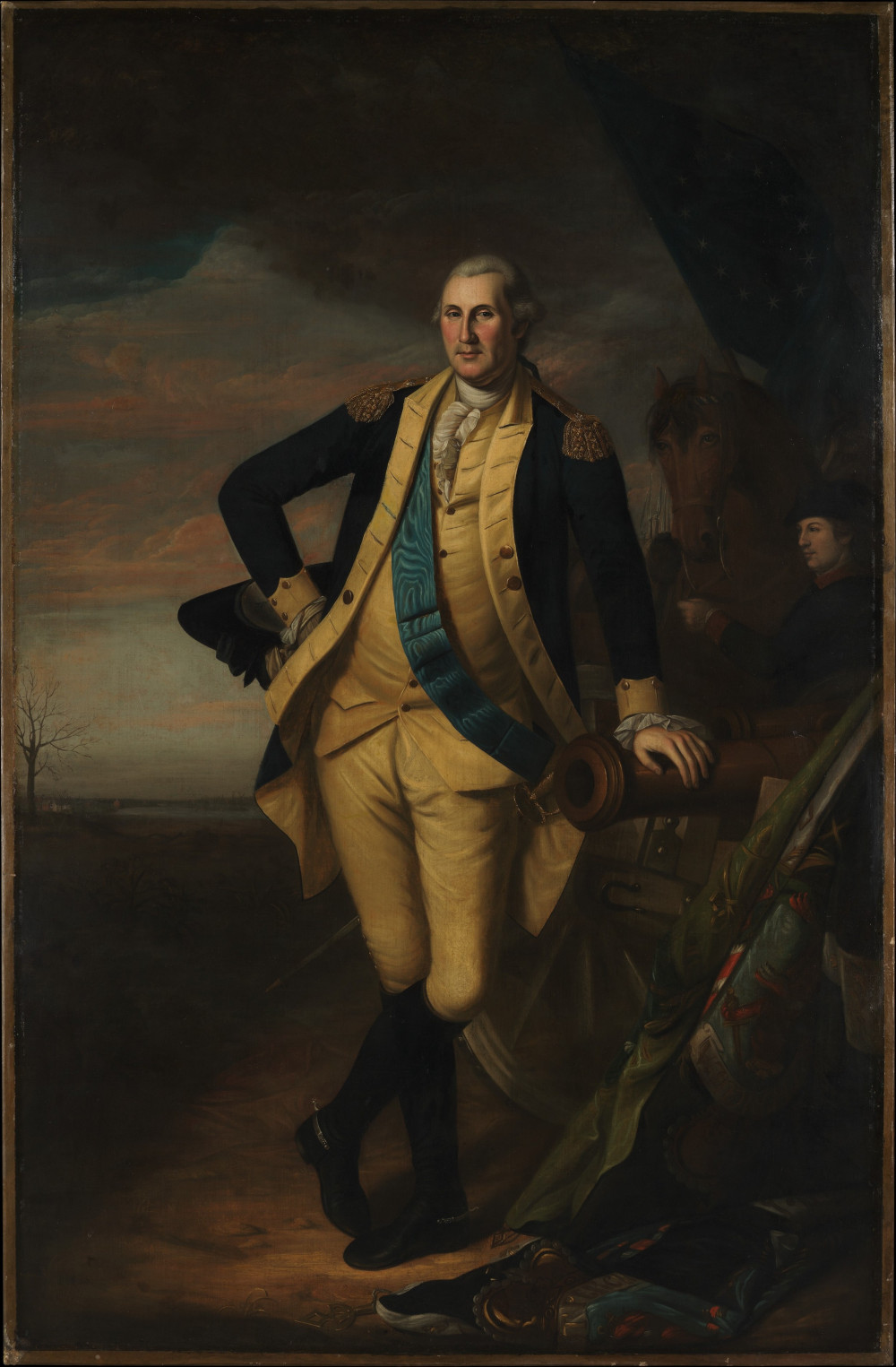
Charles Willson
Peale - Public
domain, via
Wikimedia Commons.
1779–1781 |
|
- Charles Willson Peale (1741-1847) was born on April
15, 1741, in Chester, Maryland, and died on February 22, 1827,
in Philadelphia.
- On January 18, 1779, the Supreme Executive Council of Pennsylvania passed a resolution commissioning a portrait of George Washington for the Council Chamber and selected Peale as the artist.
- Oil on canvas.
|
In preparation, Peale traveled to the Princeton and Trenton battlefields in February of 1779 to make sketches for the background. The original portrait, the full-length version now in the Pennsylvania Academy of Fine Arts, was a tremendous success and Peale completed numerous copies for royal palaces abroad, each time updating the general's military dress.
(metmuseum.org)
|
|
|
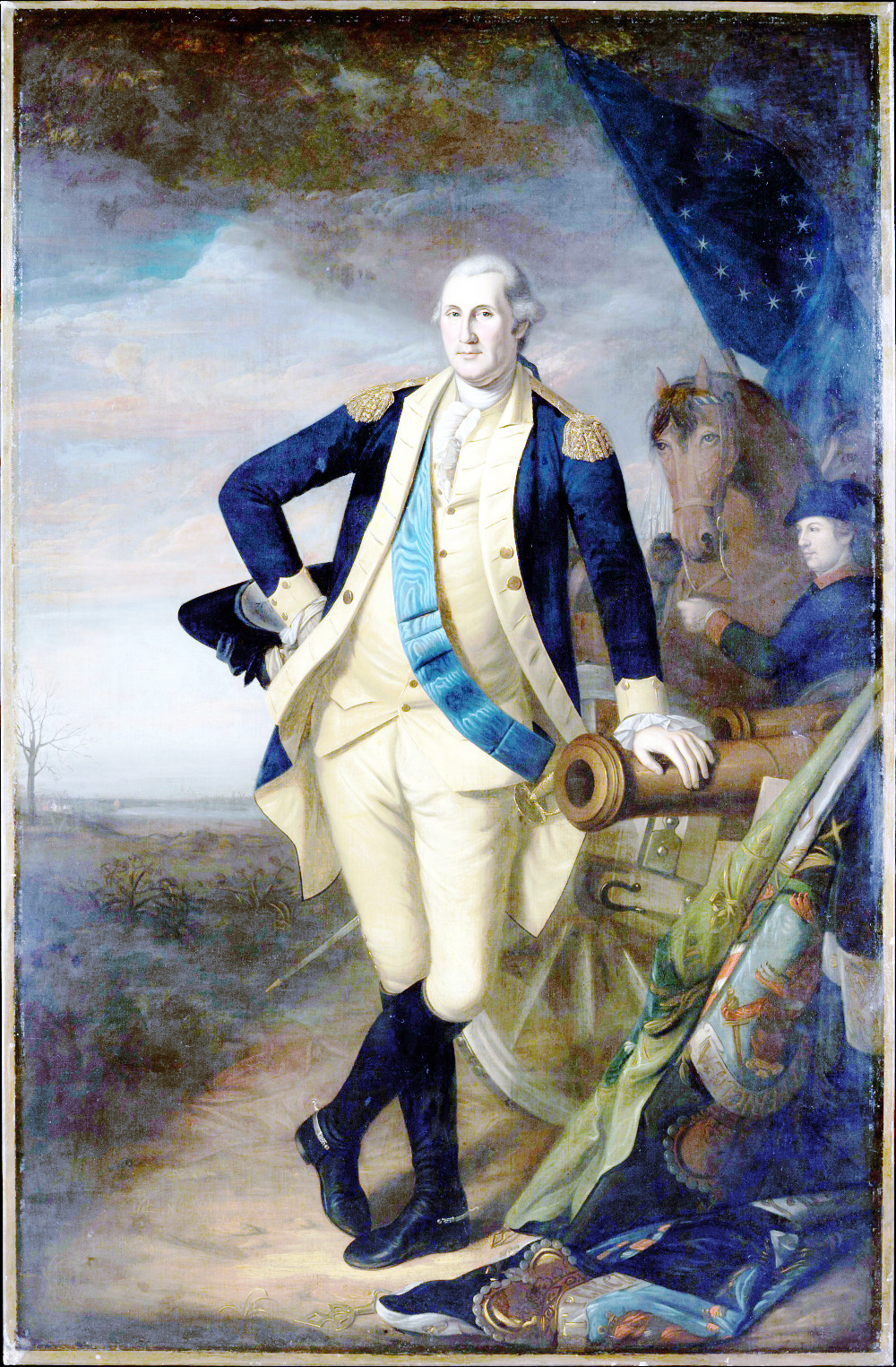
Super dark some light on the subject |
- After 250 years of darkness.
- Washington is shown after the Battle of Princeton, but here he is depicted after the Battle of Trenton, the turning point of the war.
-
Freemason into the Luciferianism belief system that the
Architect of the Universe Lucifer will somehow save us.
|
Again you have heard that it was said to those of old, ‘You shall not swear falsely, but shall perform to the Lord what you have sworn.’ But I say to you, Do not take an oath at all, either by heaven, for it is the throne of God, or by the earth, for it is his footstool, or by Jerusalem, for it is the city of the great King. And do not take an oath by your head, for you cannot make one hair white or black. Let what you say be simply ‘Yes’ or ‘No’; anything more than this comes from evil. (Matthew 5:33-37)
|
|
|
George
Washington's Camp
Chest |
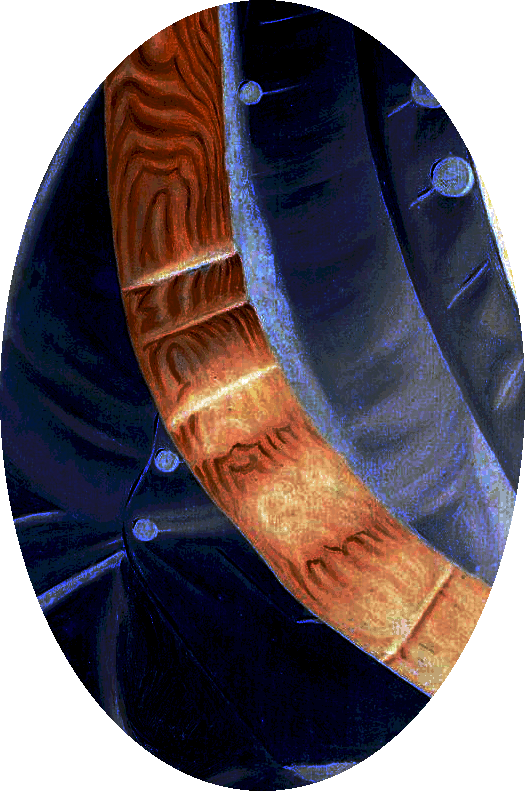
Wooden |
- Armies on campaign carried camp chests with them much the
same way they carried weapons everywhere they went.
-
Engraved on oval brass plate on chest lid; No. 3 General
George Washington 1783.
- Washington was so excited at the beginning
of the Revolutionary War that he showed up at the Second
Continental Congress in uniform.
|
For the law appoints men in their weakness as high priests, but the word of the oath, which came later than the law, appoints a Son who has been made perfect forever. (Hebrews 7:28)
|
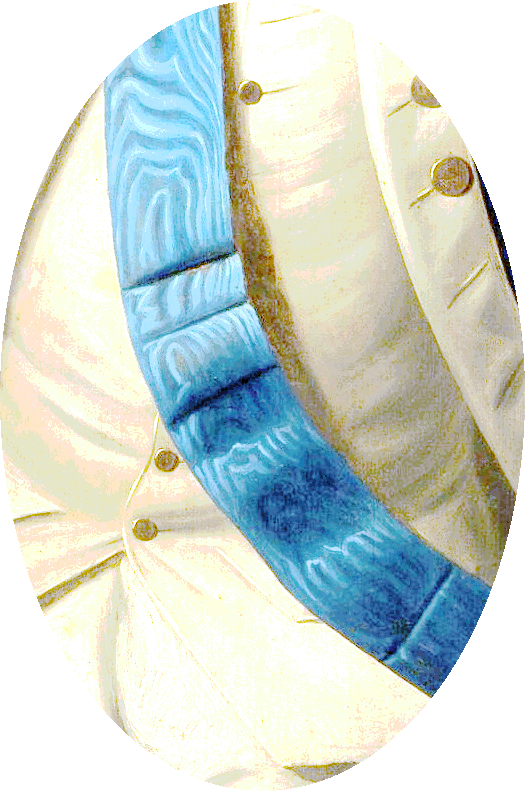
Wardrobe |
- At the time of the American Revolutionary War (1776-1781), various boxes and chests transported soldier's individual effects, wardrobes, official military payrolls, and other necessities.
- Camp chests or canteens as they were called in the 18th century, carried utensils and cooking apparatus to be used by officers and their staff when in the field during campaigns.
|
So that he promised with an oath to give her whatever she might ask. Prompted by her mother, she said, “Give me the head of John the Baptist here on a platter.” And the king was sorry, but because of his oaths and his guests he commanded it to be given. (Matthew 14:7-9)
|
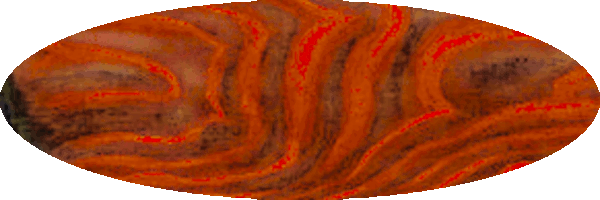
Mess kit |
- George Washington's well-appointed personal camp chest, or
'mess kit,' enabled him to dine in a manner reflecting his position as commander of the Continental Army.
|
One country's "founding father" is an other country's "enemy commander".
Also brings to mind the horribly inaccurate Mel Gibson movie "The Patriot". One country's "patriot" may be another country's "terrorist".
|
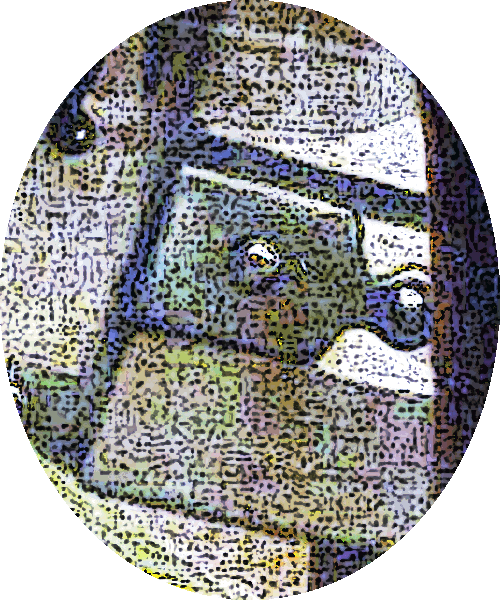
Canteen drawers |
- To supplement their often bland military rations, officers
of means invested in canteens which were small, lidded cases
divided into lined compartments harboring glass bottles filled
with wine, liquor, and condiments.
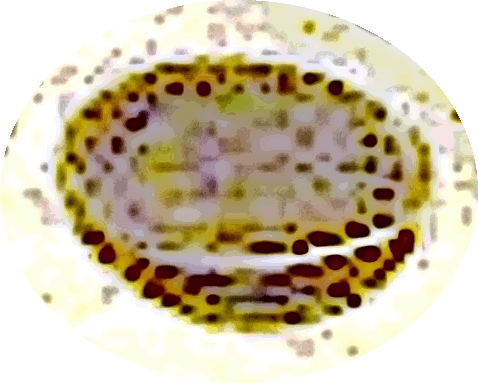
Canteen - fig 1 |
- Two sets of leather covered canteens, or camp chests, were
purchased by General Washington, on May 3, 1776.
- Another set of canteens captured on a British prize ship were sent for Washington's use in October 1778.
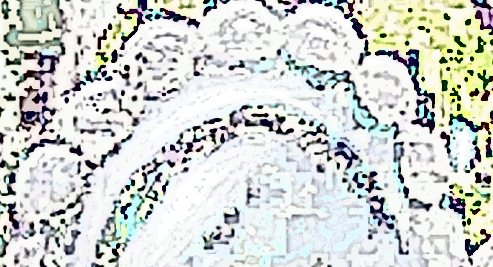
Tin plate
|
- A complete chest with all utensils contained tin plates and platters
as well as tin pots with detachable wooden handles.

Tableware |
-
Washington equipped his canteen with tea, liquor, freshly ground nutmeg and other spices, candles, and relatively fine tableware.
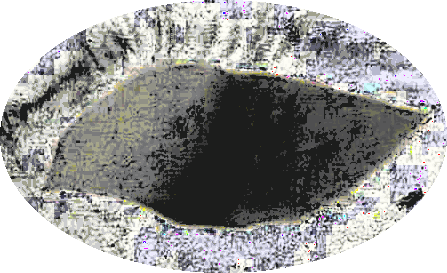
Traveling bed |
- By 1782, General Washington's camp equipage included tents, tables, traveling beds, and various other field equipment.
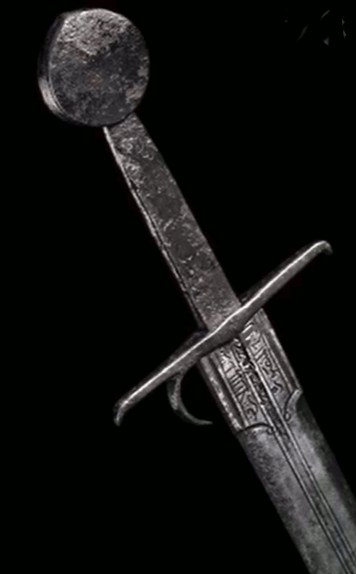
Arabian sword |
- The handy chest also contained glass containers for condiments such as salt, pepper, and sugar, as well as knives and forks with dyed black ivory handles.
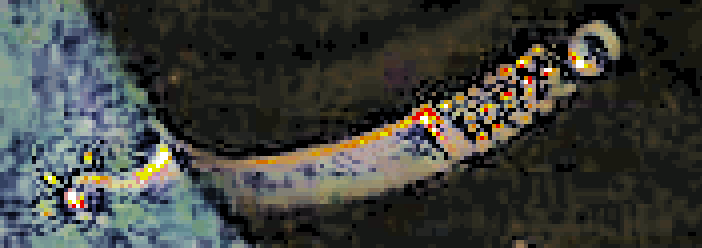
Washington boot spurs |
- Pseudo-Kufic (Kufesque) or pseudo-Arabic is a style of
decoration used during the Medieval or early Renaissance which
consists of 13th and 14th century Middle-Eastern Arabic script.
- Now called 'imitations' of the Arabic Kufic script, or
sometimes Arabic cursive script.
- The script is
often found in Renaissance artwork with depictions of
Virgin Mary, and also was used to decorate the costumes of Old Testament
heroes like David.
|
George Washington expressed little preference as to the religion practiced by the Mount Vernon workforce. By 1799 most of the enslaved individuals at Mount Vernon were second or third generation Americans. Some enslaved people were involved with Christian denominations in the area, including the Episcopalian, Baptist Methodist, and Quaker communities. However, elements of both Islam and traditional African religions are found in the documentary and archaeological records of Mount Vernon’s enslaved population.
(mountvernon.org)
|
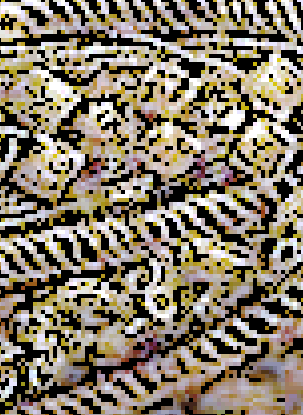
Scythian language |
- This type of Arabian script was prevalent in European
art from the Renaissance period, so why is it considered
'imitation' now?
- It's obvious that the Renaissance artists were
acknowledging that Jesus and Mary spoke Arabic and that there
is a Celtic influence.
- Watch Mind Unveiled: JESUS SPOKE ARABIC AND LIVED IN EUROPE / Latin is Arabic Backwards.

Folding gridir |
- The chest also contained a tinder box, candle stand, and folding gridir
(gridiron).
- The employees at bing (search index) don't want
us looking up 'gridir' they want to bring up 'grindr' instead.
-
Working on indoctrination, crimes against humanity, especially
our youth.
|
Cooking utensil for broiling over a fire, early 14c., griderne, alteration (by association with iron) of gridire (late 13c.), a variant of gridil (see griddle). Confusion of "l" and "r" was common in Norman dialect. Also a medieval instrument of torture by fire.
(etymonline.com)
|
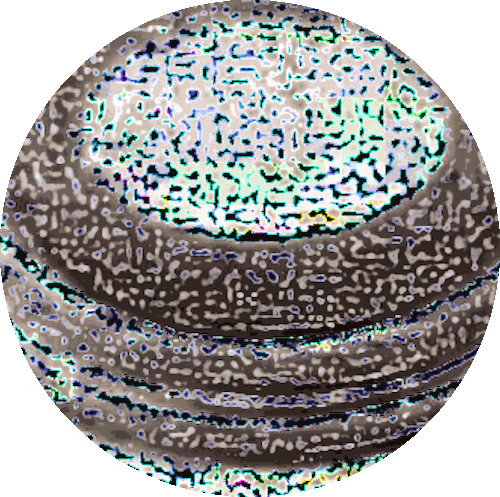
Raw materials |
- Raw materials included in the chest were walnut
wood, leather, wool, wrought iron, iron metal, brass, tin,
glass, flint glass and paper.
- The chest was 13" wide by
14" tall and 27.125" long.
- Great leader in
camp.
|
His win/lose record wasn’t good, but the ultimate win was that he triumphed in the war, There are some very valid criticisms of his skills, but his place in the ‘great leader’ camp is secure. (Adrienne Harrison, PhD, senior historian)
|
|
|

Handy campbox |
- Drink was an important part of early colonists' diets.
- Much of the water was contaminated or considered unsafe for consumption
so alcoholic beverages were the safer alternative.
- The average American then drank about twice as much as we do today.
|
My manner of living is plain and I do not mean to be put out of it. A glass of wine and a bit of mutton are always ready.
(George Washington)
|
|
|
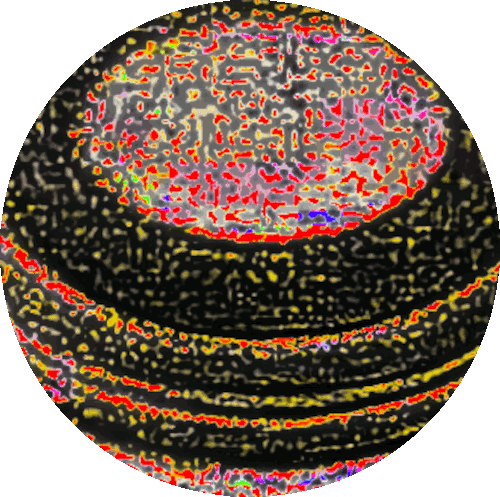
Cherry bounce and
Madeira wine |
- While Washington was not considered a heavy drinker, he
enjoyed his Madeira wine which seems to have been a special
favorite of his.
- Documents reveal that he purchased
massive quantities of the fortified wine Madeira in the
lead-up to the Revolutionary War, in the order of 2,000
bottles.
|
Cider, beer, and other low-proof options were very common, but the cultured and cultivated also partook of a bevy of boozy beverages. (mashed.com)
|
|
|
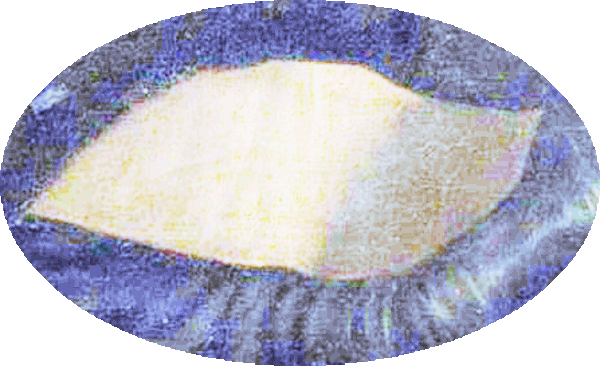
Island of Madeira |
- Many other types of wine
would not make it through the long voyage and variations in
temperature that a trip from Europe to the Americas entailed,
so Madeira, Port, and other fortified wines were the drinks of
choice.
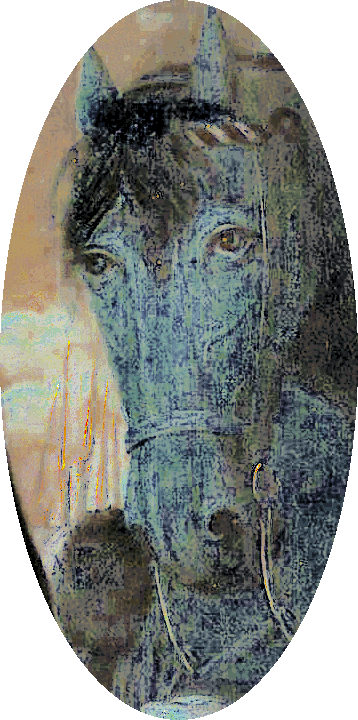
Pacer with harness |
- Washington's mess kit was so extensive that he had to request that two horses,
'natural pacers,' be selected by the Quartermaster General, Timothy Pickering, just to carry the General's camp chests.
- A
pacer is a standard-bred horse that is used for pacing in harness racing.
|
Blueskin was a gray horse ridden by George Washington. He was one of Washington's two primary mounts during the American Revolutionary War. The horse was a half-Arabian, sired by the stallion "Ranger", also known as "Lindsay's Arabian", said to have been obtained from the Sultan of Morocco. (Wikipedia)
|
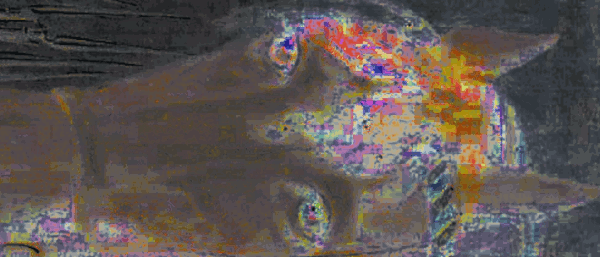
Dinner on the coals |
- Any horses or mules that were injured or killed on the field
were butchered and eaten by the soldiers.
- While riding along the ranks looking to steady the men, Washington had two horses shot out from under him and four bullet holes shot through his coat.
- So you already know what he had for dinner that night.
- Osirus the Blueskin and American Pharoah (Pharaoh).
- Watch out sheep, mutton up next.
|
All strange and terrible events are welcome, but comforts we despise.
(Shakespeare, Antony and Cleopatra)
|
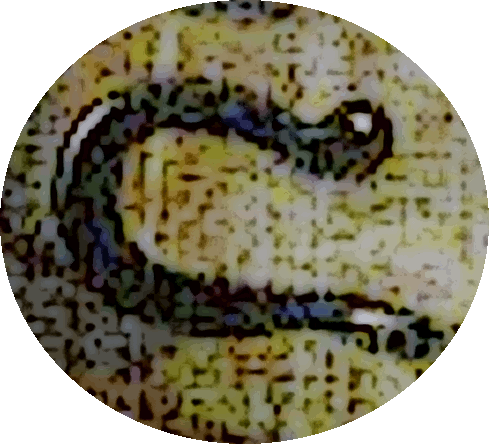
Hook |
- The PACER system was established by the Judicial Conference in 1988 as a way to improve public access to court information, which then typically required a trip to the local courthouse.
- Today, PACER provides the public with instantaneous access to more than 1 billion documents filed at more than 200 federal courts,
or nearly all the documents filed by a judge or the parties in any case.
|
The worm is not to be trusted...
(Shakespeare, Antony and Cleopatra)
|
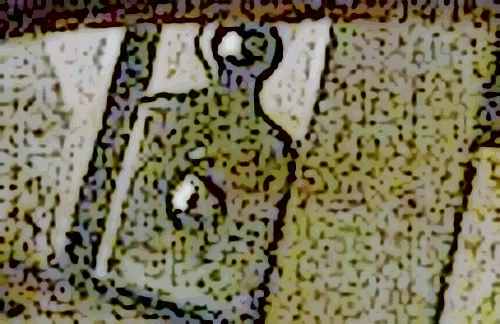
Locked |
- George Washington’s Nemesis: The Outrageous Treason
and Unfair Court-Martial of Major General Charles Lee during
the Revolutionary War.
- Locked On Pacers.
- Options to Access Records if you Cannot Afford PACER Fees.
- Charging the person they're convicting for paperwork?
- Sponsered by 'searchpublicrecords.com'
who apparently dish out all the info about you and make even
more money for it.
|
Indigent individuals, litigants and other people who cannot afford to pay PACER fees can request PACER fee exemptions from individual courts, upon a showing of cause.
(pacer.uscourts.gov)
|
|
The New
United States |
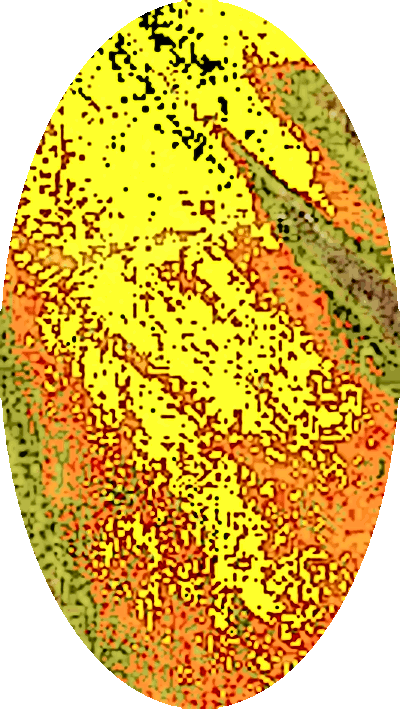
Darts thrown |
- At the end of the Revolutionary War Washington was
appointed as first president of the new United States in the
spring of 1789.
- A job he did not want to take and you can
understand why when you see the nature of the political beast,
pitting one side against the other.
- It's easy to see what
Washington went
through as a slave owner, he was born into the 'system' and
when he figured out it was wrong and tried to end it, he was
turned down (he wanted to fire all the slaves and hire them
back as paid employees); in the end, he was more or less blamed
for slavery.
|
My movements to the chair of Government will be accompanied with feelings not unlike those of a culprit who is going to the place of his execution.
(George Washington)
|
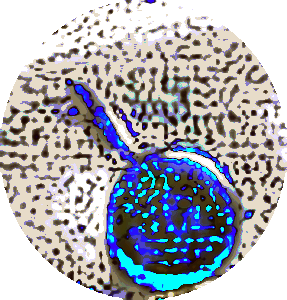
Magnify |
- The Founders drafted the U.S. Constitution because
they were worried about many things they had already
encountered with the royal government ruling the Colonies.
- It's called 'separation of powers' which is achieved by
three main branches; the legislature (writes the law),
executive (enforces the law) and judicial (interprets the
law).
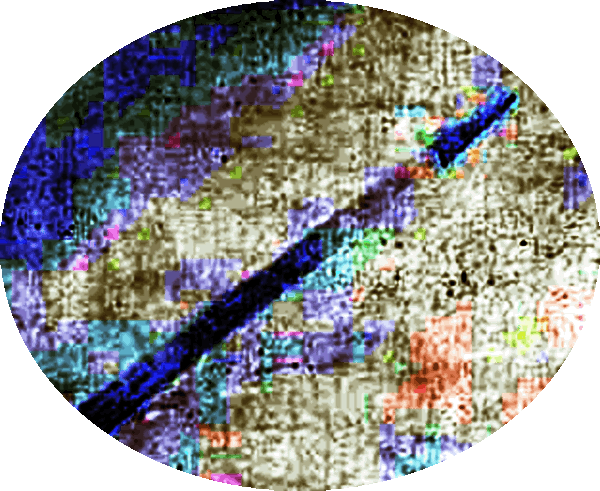
Limiting power |
-Too much power in the central government;
which is why the Constitution limits their powers to enumerated items.
- Too much power in the president; which is why they rejected a parliamentary system and the president is not a member of the legislature.
- Too strong a legislature; which is why the President has veto powers and the Supreme Court has the power to hold acts of the Congress unconstitutional.
|
So did the Framers know what they were doing at the time? Hell no. They didn’t have a clue.
They were in the wrong place, at the wrong time, doing something they weren’t supposed to be doing. Naturally, they became heroes. (William E. Madden Jr.)
|
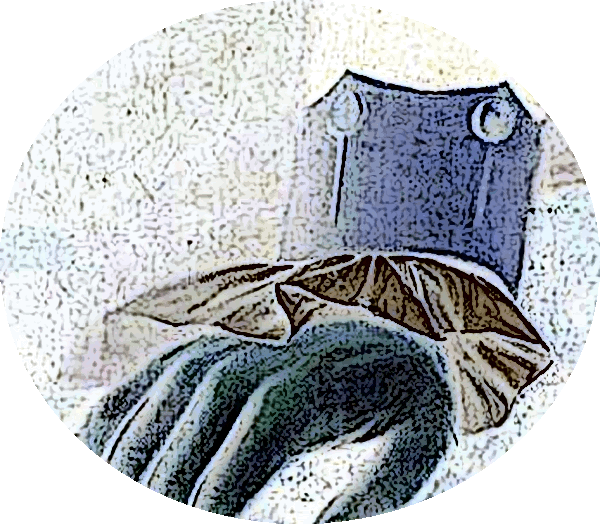
Assumed powers in
the left hand |
- In all three areas our Founders fears have been realized.
- Congress has assumed powers in areas never contemplated by the Founders.
- The President has assumed legislative powers through executive orders.
- And Congress has used the agencies to create regulations to circumvent some of the checks and balances.
- Our Constitution has been removed but no one seems to notice
(or care).
|
As Benjamin Franklin left the Constitutional Convention, he was reportedly asked what kind of government the founders would propose. He replied, “A republic, if you can keep it.”
|
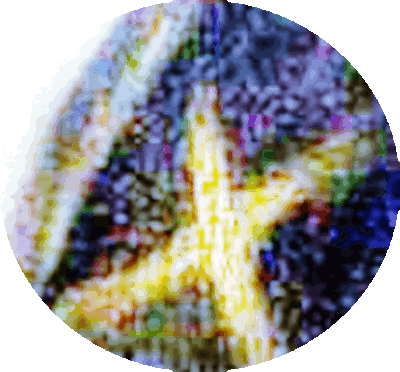
No vote
soldier |
- Everyone loved George Washington until he became
president.
- As president, he knew he couldn't please any of the
people much of the time.
|
He had everything to lose by going into the presidency. And in some ways, he did.
(Alexis Coe)
|
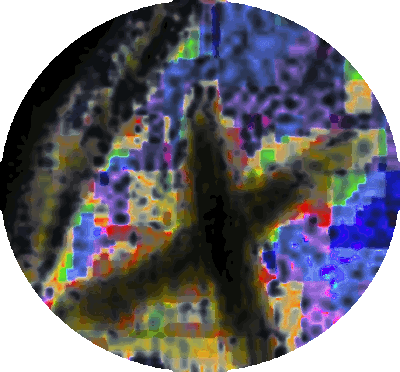
Founding Father X
friends |
- By the end of his second term, Washington had made enemies of nearly every Founding Father.
- So let's see, he was sitting in his father's church
worshiping Satan and then linked forces with the Masonic
Lucifer.
- His 'just cause' and more than likely he didn't
understand all of that, or maybe he did.
- The point is,
most don't know anything about what they are doing in this
regard because they've been lied to and deceived.
|
When the great Gen. George Washington left his comfortable retirement at Mount Vernon to become the first president of the United States, well-wishers threw flowers at his feet. For hundreds of miles, as he made his way to the temporary capital in New York City, thousands of people followed alongside with blessings, toasts and cheers. Once he was in New York, there was a fireworks show. (Gillian Brockell)
|
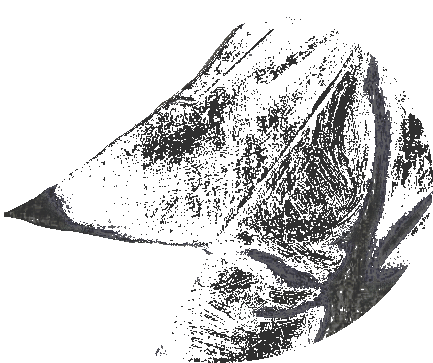
Hound dog |
- Some on this
Earth are very aware of past lives and involvements, but most
have no clue, they're behind the veil following their Earth
father's command and ignoring their true heavenly Father.
-
You can bet that the Rothschild know exactly who
they are.
|
Seven years later, toward the end of his second term, he was so disliked that the House voted against adjourning for 30 minutes to wish him well on his birthday.
(Gillian Brockell)
|
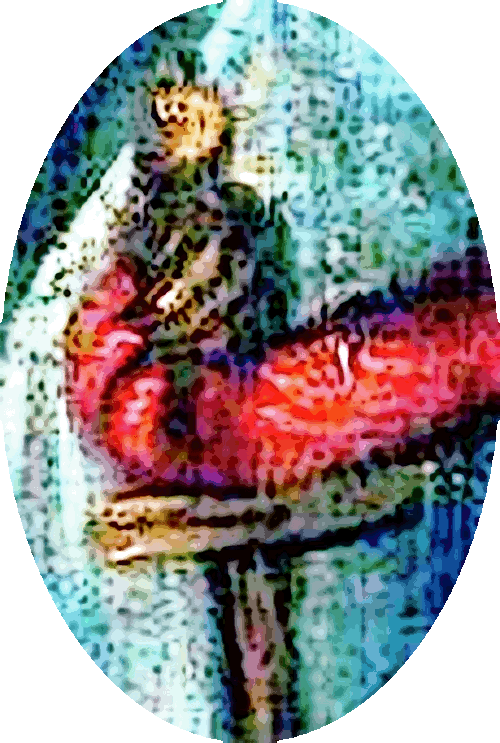
A little birdie
chirping about bird
in the hand |
-
Washington was frequently ensnared in the middle of infighting between the two nascent political parties, the Federalists and the Democratic-Republicans.
- His Cabinet members were split between the two, and the infighting did not stay behind closed doors.
|
It is easy to judge and demean. Understanding takes effort. (Tom
Robinson)
|
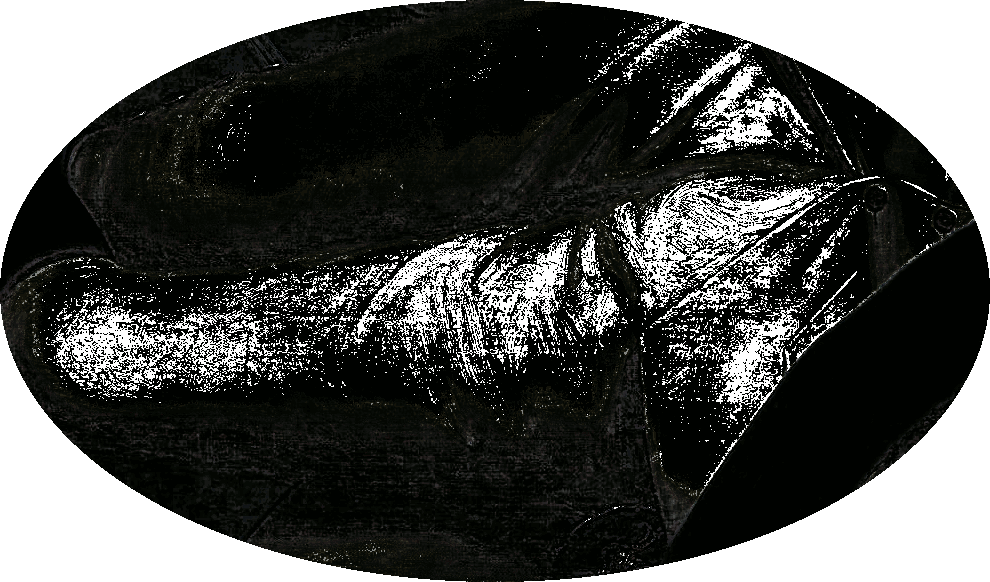
Hammer |
-
Washington's political opponents were the Anti-Federalists, among them Thomas Jefferson, who thought Washington was wrong to accede to Alexander Hamilton’s plans on a national bank, spending and other ideas.
- Jefferson was the leader of the 'democratic. party while Hamilton was the leader of the Federalist party.
|
Some believed in strong, central government, and others believed in a very loose confederation of individual States. If this sounds familiar, that’s because that diversity of thought persists until today. (William E. Madden Jr.)
|
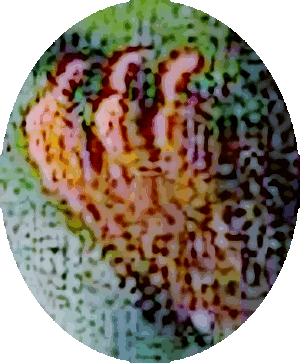
Strong federal
government |
-
Examples of their rivalry between was Jefferson's veto of the charter for the National Bank, which he did because he favored a small central government while Hamilton supported a strong one.
- Jefferson believed that Americans had to be self dependent farmers in order to uphold the values of the new America.
- Hamilton on the other hand, thought that a strong federal government was needed to oversee the actions of state governments.
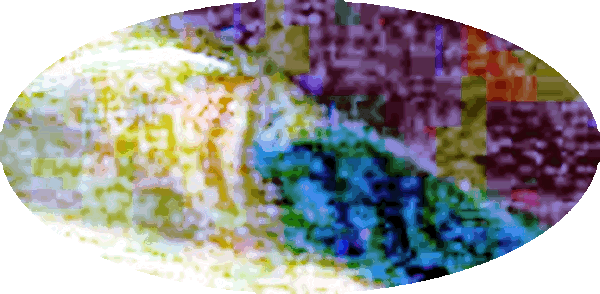
American pope |
- Now we see the damage that was done with Hamilton's national bank
although that was expanded greatly by Woodrow Wilson and the
Federal Reserve.
- End the Fed.
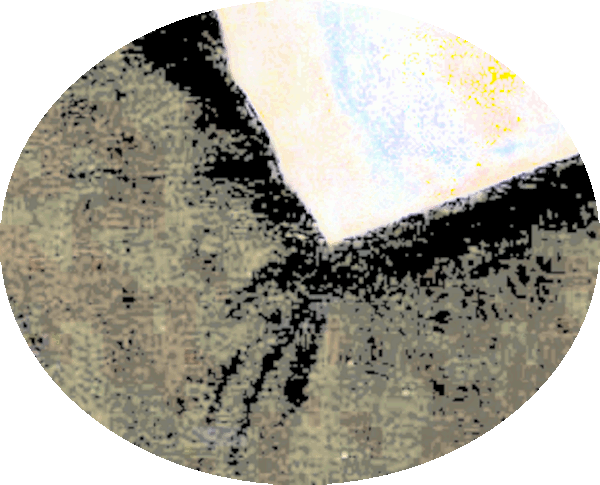
Hook or crook |
- The Federalists and the Democratic-Republicans were
split on party lines the same way they are today, rural
against metropolitan.
- Federalists
believed that the businessmen and metropolitan areas would
shape America.
- The Democratic-Republicans like Thomas
Jefferson, believed that the future would be shaped by small
farmers and small businessmen.
- Washington wasn’t officially a Federalist, but his sympathies were in that direction.
|
Washington was the striking model for what would become Captain America. Jefferson and Franklin were the Tony Stark and Bruce Banner of their time.
Patrick Henry was the firebrand who could (and had,) with a word, light a fire that covered the world. But the little, funny looking guy who was on the shy side was the one who came out of Central Casting to play the role.
James Madison was Professor X. (William E. Madden Jr.)
|
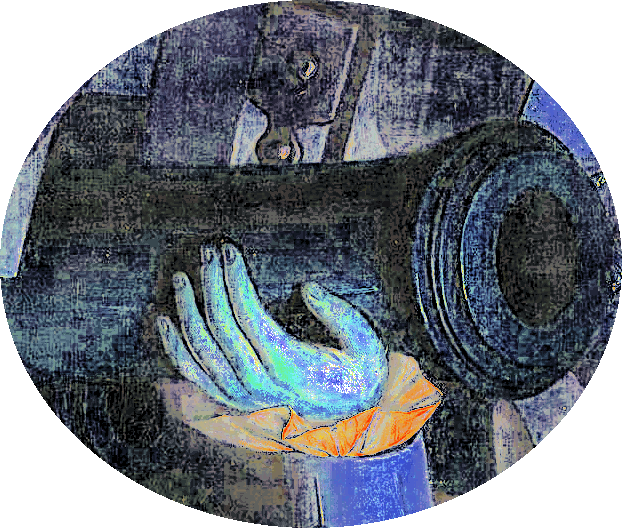
Aaron Burr's hand |
- This feud between Jefferson and Hamilton indirectly led to Hamilton’s
death by Aaron Burr's hand.
- Although he detested Jefferson’s politics, Hamilton thought that Jefferson was better qualified to be president, and supported him over Burr in the presidential election of 1800.
- Burr never forgave Hamilton.
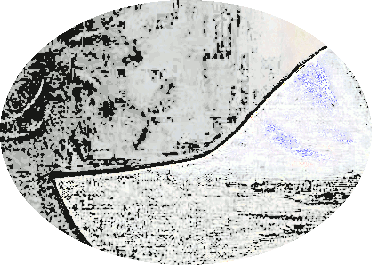
Thomas Jefferson
funded a newspaper |
- Secretary of State Thomas Jefferson funded a newspaper
that criticized Washington’s every move, while Treasury
Secretary Alexander Hamilton wrote under a pseudonym for a
pro-Washington paper.
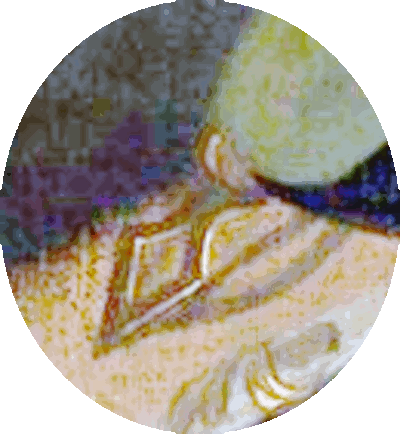
Penned |
- Rich man holding all the strings
and he does have free speech, just more of it.
- The
problem is, the king can't have his way on everything so there
is always a war.
|
Long before MSNBC vs. Fox News, it was the National Gazette vs. the Gazette of the United States. Neither publication bothered with the pretense of objectivity, No articles were fact-checked, and everything, including personal lives, was fair game.
(Alexis Coe)
|
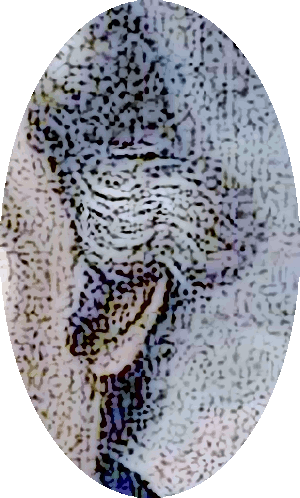
Simple rich man |
-
Both Washington and Jefferson owned about 200 slaves apiece
and both agreed on most things.
- Jefferson was a
well-educated genius and intellectual, while Washington was really
a somewhat simple rich man, he had an elementary education.

Gold stripes |
- Washington was a soldier and had fought with the English years
earlier, he quit the English army because he was not given an
officer title he felt he deserved or the requisite pay.
-
You may debate the reason he quit, but was it really the right
one, it was only after that, he and other plantation owners
began to feel the heavy hand of the British taxation.
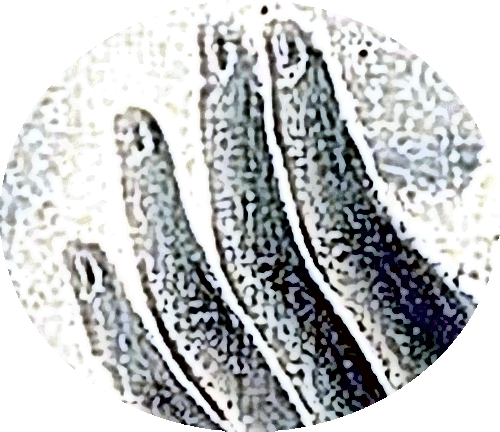
Choir singing |
- Although Washington never declared a party affiliation, only Federalists remained in his administration in his second term.
- Washington had to be persuaded to even bother with a second
term. he wasn't up to it, things got pretty nasty.
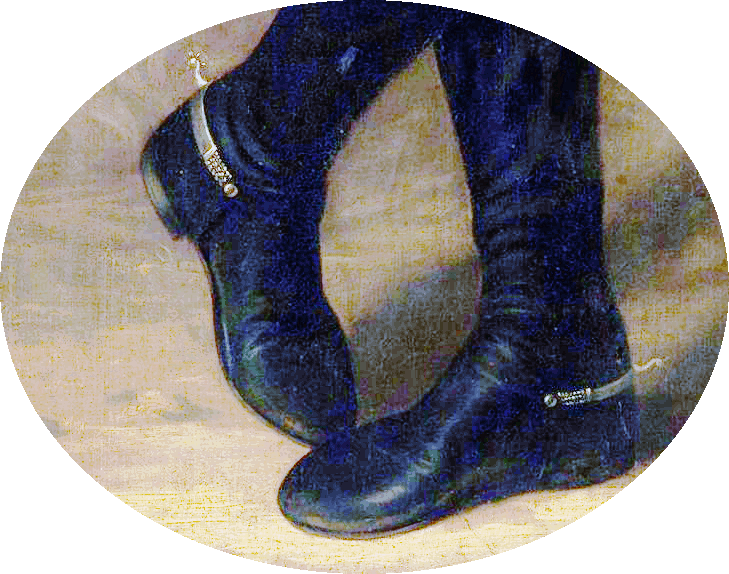
Tripping over |
- After the Revolutionary War, Great Britain and France were at war, and both empires wanted the United States to side with them.
- At the same time, tensions between the United States and
Britain were rising because Britain still had not withdrawn
from forts it had agreed to vacate at the end of the
Revolutionary War.
- Additionally, the British were seizing
American ships and sailors bound for France.
|
“In the end, the Washington administration negotiated a treaty with the British. It barely passed the Senate, but it was immensely unpopular with the American public.
(State Department’s Office of the Historian)
|
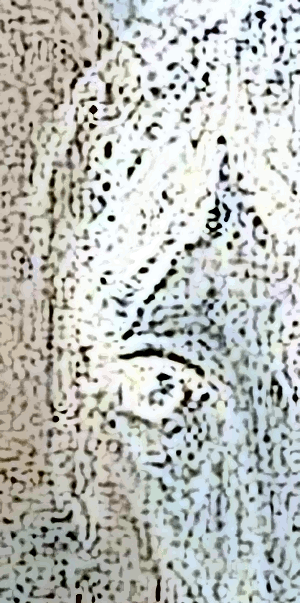
Ambassador fright |
- On top of that, France's new ambassador to the United
States toured the East Coast to rally support for the French
efforts, and he drummed up a lot of hatred for George Washington.
|
The French ambassador had incited ten thousand People in the Streets of Philadelphia, day after day, threaten[ing] to drag Washington out of his House, and effect a Revolution in the Government.
(John Adams)
|
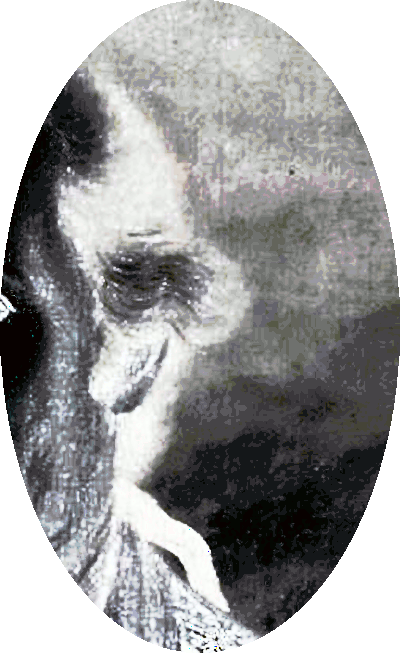
George haunting |
- During the Whiskey Rebellion debacle which was the
plan for the U.S. to pay back foreign debt,
- Alexander Hamilton had proposed a tax on whiskey from Kentucky and western Pennsylvania.
- Washington was a strong supporter of Hamilton.
- Distillers worried it would decrease sales and thought
it was unfair that they take on the burden for the whole
country.
|
They petitioned Washington to stop it. Then they held peaceful demonstrations. Finally, violence broke out — one tax collector was tarred and feathered, and another’s home was set ablaze.
(Alexis Coe)
|
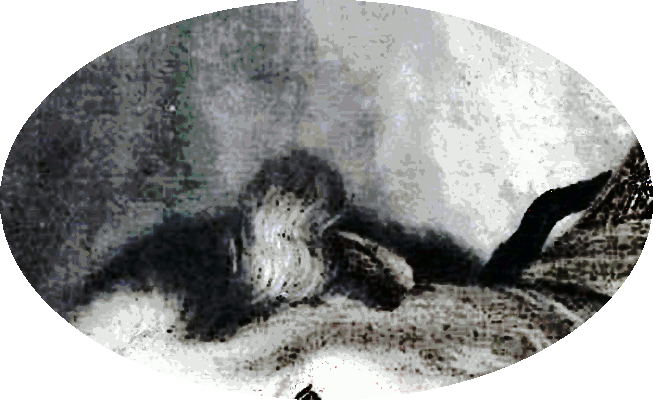
George leads the
charge |
- In an extraordinary show of executive overreach,
Washington called the state militia to federal service.
-
He showed up in Pittsburgh in a military uniform to lead the
charge against the tax opponents.
- Well. there is Kent
State, among others, but suffice to say, George was the very
first.
|
The first and only president to take up arms against his own citizens.
(Alexis Coe)
|
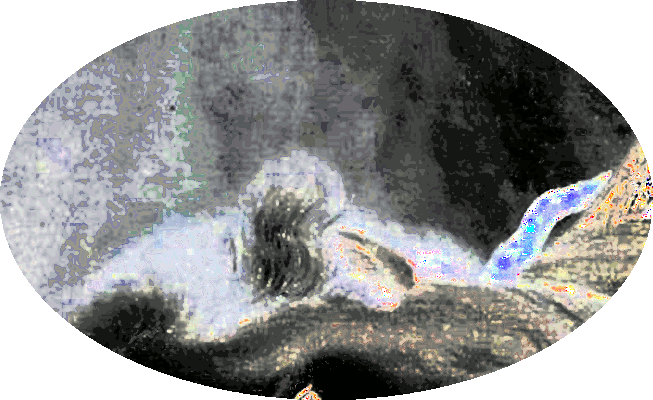
George takes on his
dark night of the
soul |
- Ultimately, there wasn't a confrontation between the
militia and the citizens.
- Washington thought the better of it and returned to Philadelphia.
- When two insurrectionists were convicted of treason, he
pardoned them, but the damage to his reputation had been done.
|
Those who would give up essential Liberty, to
purchase a little temporary Safety, deserve neither
Liberty nor Safety. (Benjamin Franklin)
|
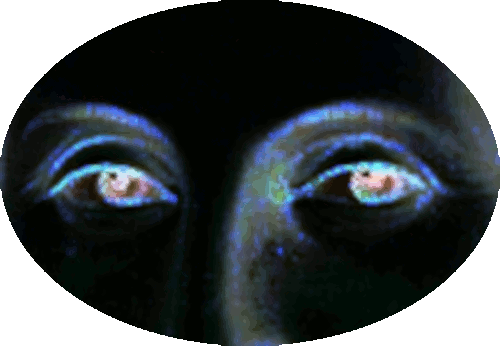
Sullied reputation |
- John Adams in 1785: “I glory in the character of Washington because I know him to be an exemplification of the American character.”
- John Adams in 1812: “Too illiterate, unlearned, unread
for his station and reputation.”
|
Nowadays, Washington’s birthday is officially recognized, but when he was alive, his legacy was very nearly ruined by his presidency. Historian Alexis Coe describes how and why in her new book, “You Never Forget Your First: A Biography of George Washington.”.
|
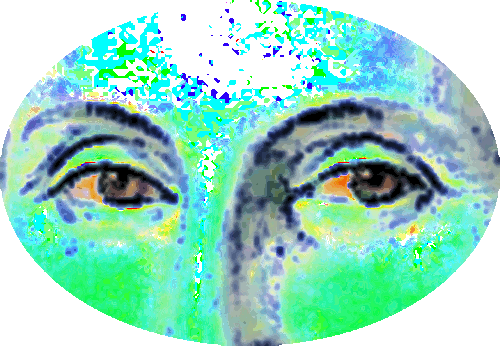
Apostate or an
impostor |
-
Thomas Paine in a letter to Washington in 1779: “I shall never suffer a hint of dishonor or even a deficiency of respect to you to pass unnoticed.”
- Thomas Paine 1796: “The world will be puzzled to decide whether you are an apostate or an impostor; whether you have abandoned good principles, or whether you ever had any.”
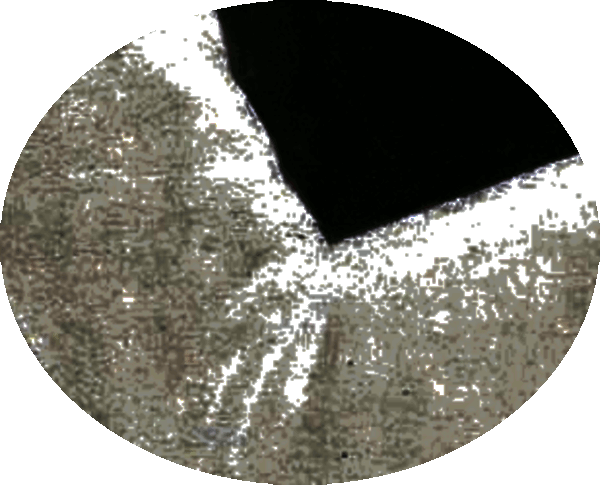
Hand wringing chasm |
- Washington’s Farewell Address has become famous for warning Americans against political factions and foreign influence.
- His greatest fear was that America would get entangled
in never-ending European wars.
- Just the same way as Eisenhower ended which is a good
thing.
|
If men were angels, no government would be necessary. If angels were to govern men, neither external nor internal controls on government would be necessary. In framing a government which is to be administered by men over men, the great difficulty lies in this: you must first enable the government to control the governed; and in the next place oblige it to control itself. A dependence on the people is, no doubt, the primary control on the government; but experience has taught mankind the necessity of auxiliary precautions. (James Madison)
|
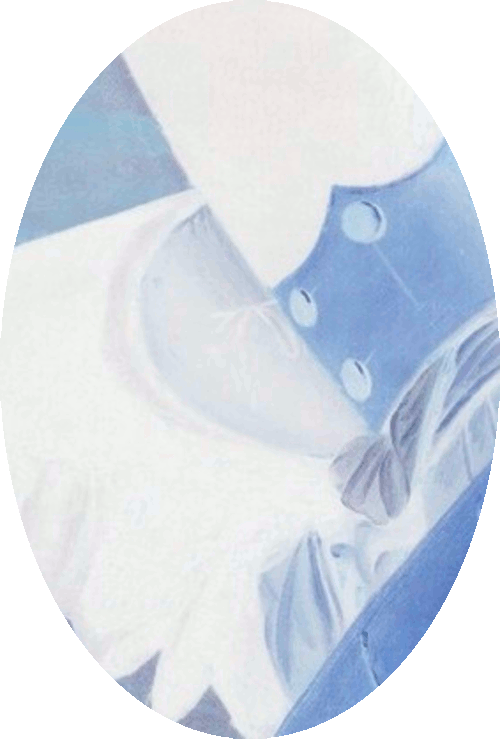
Tin soldier the beat goes on |
- But they are all mortal men and now the shoe seems to
be on their foot.
- How many times have they told us
how their wars build our economy, what a bunch of hoopla.
-
Thomas Paine went on to donate the money that he made from selling
Common Sense, to the Continental Army and he died a poor man.
|
The USA ended up with a government system with an elected monarch.
The UK ended up with a government system with a hereditary president. (Marco,
Oxford)
|

Pennywise |
- Earlier drafts of the speech also show Washington railing
against 'malicious falsehoods' spread about him 'to
misrepresent my politics and affections; to wound my
reputation and feelings.'
- Hamilton encouraged him to cut that part because he sounded too bitter.
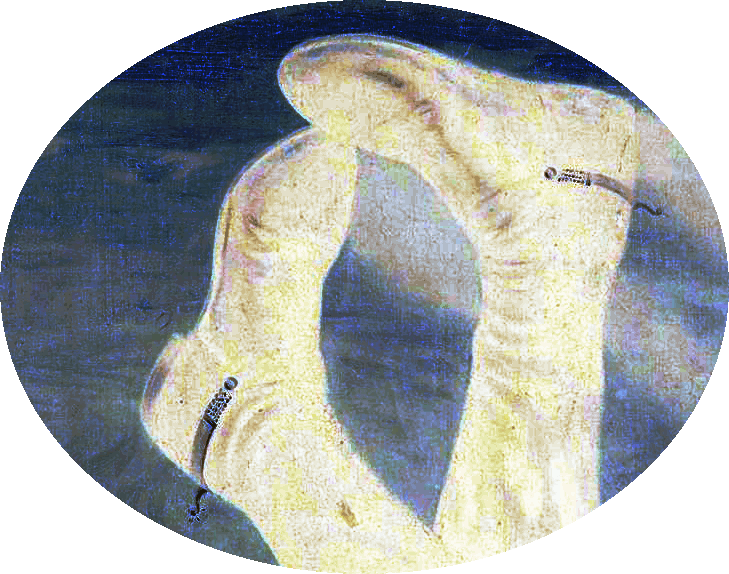
Kicked back |
- By this time in his life, Washington rarely saw his wife who
hated Philadelphia and moved back to Mount Vernon at the
beginning of his second term.
- Mount Vernon was dilapidated and running into insolvency.
|
Washington delivered a final address to Congress in December 1796, three months before he officially left office. Andrew Jackson, a freshman congressman at the time, was in the audience. The future president refused to applaud.
(Alexis Coe)
|
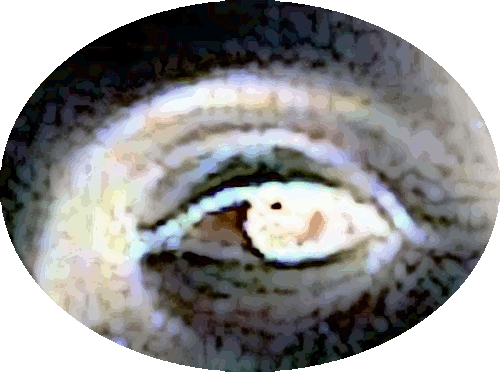
Seeing eye
or blind eye |
- Washington knew at the end of his days that he was
placed in a position of can't win for losing.
- Because we
have been playing this 'dark against light' war for a long
time and over the centuries, it's turned into a real
money-making enterprise for the rich and powerful.
|
Yet you do not know what tomorrow will bring. What is your life? For you are a mist that appears for a little time and then vanishes. (James 4:14)
|
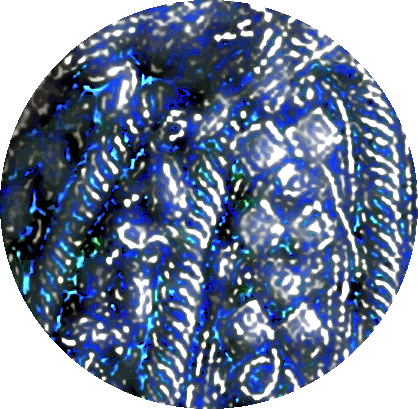
Nuts and bolts |
- Washington didn't usually do many right things, but he
did many right things at the same time, and it's pretty
obvious he was learning from his mistakes as he grew.
- He was so
optimistic in his youth and it's too bad that was shattered;
so don't let it happen again to your youth.
- Start them
off on the right path.
|
If we confess our sins, he is faithful and just to forgive us our sins and to cleanse us from all unrighteousness. (1 John 1:9)
|
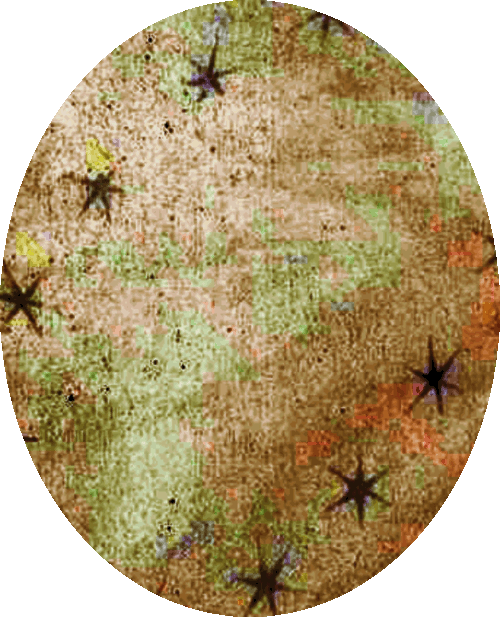
Dusty flag |
- The people wanted Moses to talk to God, they didn't
want to talk to him, they wanted a king instead.
|
And the Lord said unto Samuel, Hearken unto the voice of the people in all that they say unto thee: for they have not rejected thee, but they have rejected me, that I should not reign over them. According to all the works which they have done since the day that I brought them up out of Egypt even unto this day, wherewith they have forsaken me, and served other gods, so do they also unto thee.
(1 Samuel 8:7-8)
|

Behind the veil in
the darkside |
- So
Moses, in a predicament, put them all behind a veil.
|
And he said, This will be the manner of the king that shall reign over you: He will take your sons, and appoint them for himself, for his chariots, and to be his horsemen; and some shall run before his chariots.
(1 Samuel 8:11)
|
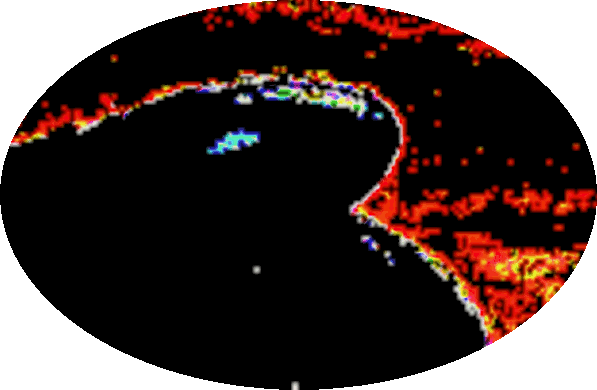
M3N in black |
- And ye shall cry out in that day because of your king which ye shall have chosen you; and the Lord will not hear you in that day.
- The people will ignore him and run and vote for their
'side.'
- Sweets were apparently more than donuts.
|
And he will appoint him captains over thousands, and captains over fifties; and will set them to ear his ground, and to reap his harvest, and to make his instruments of war, and instruments of his chariots. And he will take your daughters to be confectionaries, and to be cooks, and to be bakers.
(1 Samuel 8:12-13)
|
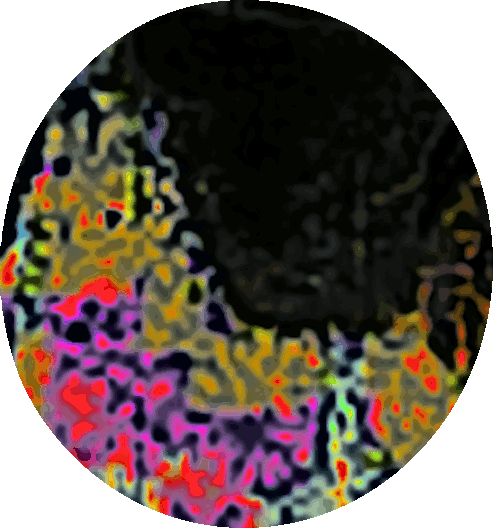
Reaping what you
sowed |
- Cookie monster.
|
And he will take your fields, and your vineyards, and your oliveyards, even the best of them, and give them to his servants.
And he will take the tenth of your seed, and of your vineyards, and give to his officers, and to his servants.
And he will take your menservants, and your maidservants, and your goodliest young men, and your asses, and put them to his work.
He will take the tenth of your sheep: and ye shall be his servants. (1 Samuel 8:14-17)
|
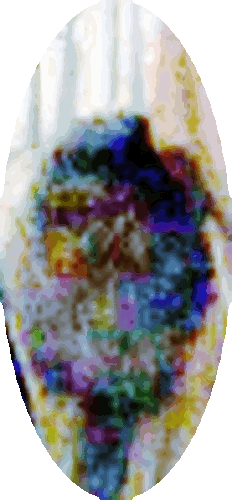
Head bush |
-
The darkside, where the majority are still hiding out today and the battles
seem to be never-ending.
|
Then we will be like all the other nations, with a king to lead us and to go out before us and fight our battles.
(1 Samuel 8:20)
|
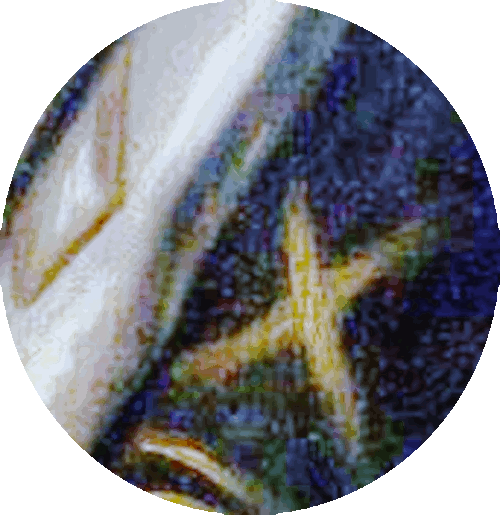
Diamond Ox |
- Diamond oxidizing hazard.
- The Ox, a symbol of unwavering strength, patience, and reliability, is a source of inspiration for us to develop resilience and determination in our lives.
|
Embracing the wisdom of the ox, we embrace a sense of reliability and responsibility, both in our personal endeavours and within our communities. As we draw strength from the ox's enduring spirit, we find the courage to take on challenges, embarking on a journey of self-discovery and growth. In the ox's tranquil presence, we learn the art of resilience, recognizing that as we persist and trust in our innate abilities, we hold the power to achieve greatness in our lives.
(aboutmybrain.com)
|
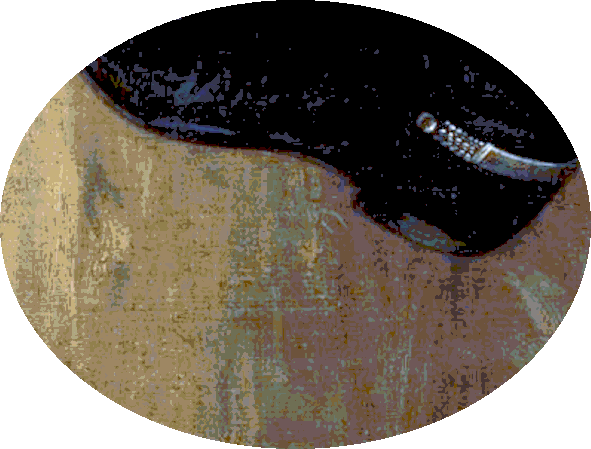
Home of the free? |
- The god on the dollar bill is actually archon three gods;
DABAR, Oz and Gomer.
- DABAR (Delta), Oz (Omicron) and
Gomer (Gamma).
- Represented by the three pillars, Doric,
Ionic and Corinthian which are called the three orders of
ancient Greek architecture.
- These are the same three gods that are
praised in the Bible, and in freemasonry, and on the dollar
bill.
- This goes back to the Kemetics wih Auset, Osiris
and Isis and even further back to the Orishas.
- Everyone is still trapped by a spell going back to
1776 when the Founders signed the Declaration of Independence
which declared 'We are all united under God,' something they
understood.
- However, if the powers that be are
controlling who you think is god, it's a different story.
-
Unfortunately, Christianity is all fear-based; trauma,
destruction, lies and what's going to happen to you if you
don't obey them.
- Going back to the Crusades when they
kicked all the Kemetic people (Gypsies) out of Egypt,
slaughtered them, and called them devil worshipers.
- Don't ever make an oath or take a pledge to anything and
you won't end up cursing your descendants.
|
But above all, my brothers, do not swear, either by heaven or by earth or by any other oath, but let your “yes” be yes and your “no” be no, so that you may not fall under condemnation.
(James 5:12)
|
|
|
If the freedom of speech is taken away
then dumb and silent we may be led,
like sheep to the slaughter.
George Washington

|

